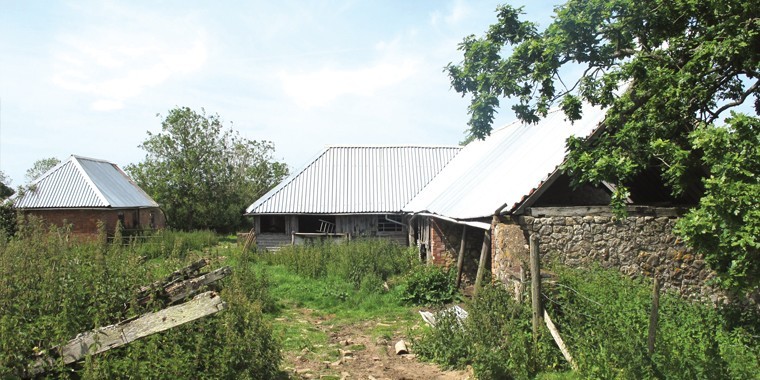Proposed changes to agricultural tenancies regulations will place new liabilities on landlords and place greater emphasis on the modernisation, repair and maintenance of fixed equipment warns Jamie Evans-Freke of Strutt & Parker’s Lewes office.
DEFRA’s consultation document was published earlier this year and, while there is no timescale set for the introduction of the proposals, it has brought clarity to landlords’ repair obligations and end of tenancy compensation in respect of The Agricultural Holdings Act. Among the areas covered are slurry, silage and effluent systems, field drainage systems and electrical supply systems.
Under the proposals new liabilities are proposed to be added to existing ‘model clauses’ – although implementing the new proposals is, says Mr Evans-Freke, essentially good estate management.
“The proposals reinforce the importance of undertaking annual checks to ensure that repairs are carried out in a timely manner in order to prolong the life of the property and reduce the potential exposure to replacement costs arising through poor maintenance standards or lack of repair.
“However, the introduction of these new clauses may have a significant impact on how costs are divided between landlords and tenants. New tenancy agreements should have a lot more detail than previous contracts, but by considering the proposed changes when negotiating terms for succession tenancies or other alterations to existing Agricultural Holdings Agreements -particularly where those agreements are silent on such details – we can help agree a sensible share of repairing liability,” says Mr Evans-Freke.




